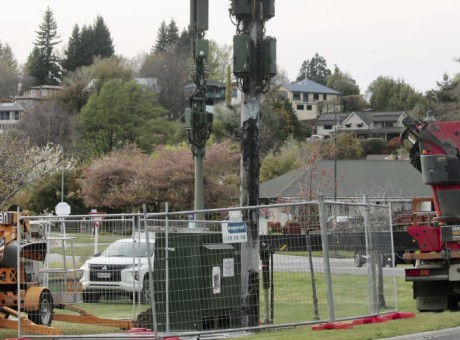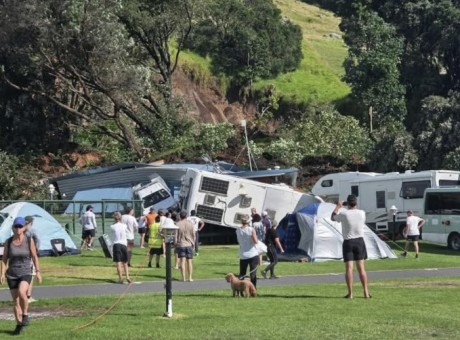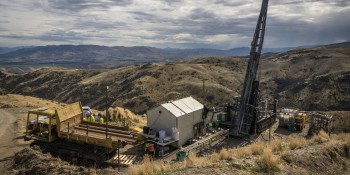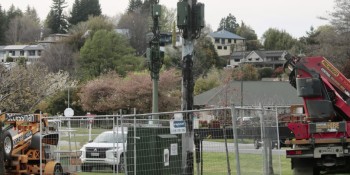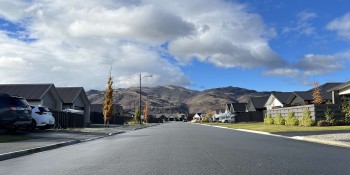Poll: 75% of voters support a rates cap
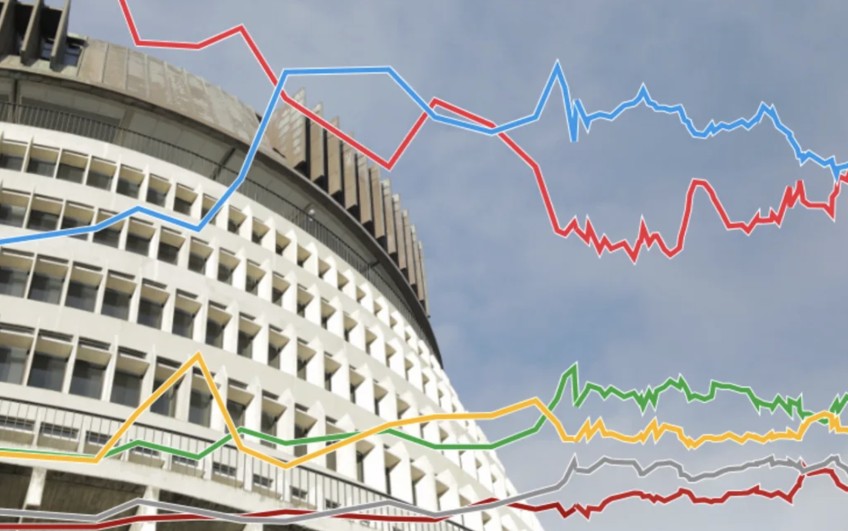
An overwhelming majority of New Zealanders support the government putting a cap on the amount councils can increase rates each year, according to the RNZ-Reid Research poll.
In August it was announced a model to cap council rates would be put before Cabinet before Christmas.
As part of the latest RNZ-Reid Research poll voters were asked "do you support or oppose the government putting a cap on the amount councils can increase rates each year?"
The research found 75 percent of people supported a rates cap, 14 percent opposed it, and 11 percent did not know.
It also showed that a rates cap was popular amongst voters across all political parties, particularly those that identified as National, ACT and New Zealand First supporters.
Auckland University of Technology senior lecturer Dr Julienne Molineaux was not surprised by the polling.
"Many households have received big rates increases recently with the promise of more to come, in some cases double digit increases year on year.
"These big increases hit people on fixed and low incomes in particular really hard."
Read more from our polling here: Where the public stands on capital gains tax Voters souring on National and Labour leaders More than 40% of people want New Zealand to recognise Palestine
Molineaux wondered what the poll results would have looked like if it asked respondents to choose between a rates cap and some sort of trade off.
"A rates cap does involve a trade-off; do we want to keep under-investing in our water infrastructure? Or not to plan for serious weather events."
She said that whilst there were some examples of council vanity projects, most of their budgets were spent on the basics.
"They need to do more if they are to replace ageing and neglected infrastructure, and that's not cheap, someone does have to pay."
Rates caps were a one size fits all solution from central government, she said.
"Different councils face very different kinds of cost pressures and also have different mixes of income streams available to them."
New Zealand Taxpayers Union head of policy James Ross told RNZ the public were hurting financially.
"The single largest driver of the cost-of-living crisis is these rates increases, I think people overwhelmingly have come to the conclusion that councils are failing to respect ratepayers."
Ross said that the poll was a "vote of no confidence" in peoples' trust in councils to spend money on its basic tasks like roads and water pipes.
He did not believe that councils or mayors had been malicious in driving up the cost of rates.
"The fact is they haven't been doing enough to keep rates manageable."
Rates caps had been tried overseas and worked, Ross said.
The lobby group had been running a pledge for the upcoming local body elections, which asked potential local government candidates to commit to rates caps.
Ross said one in six local government candidates across the country had supported the idea of capping rates.
New Plymouth Mayor and Local Government New Zealand member Neil Holdom said rates caps were "great populist politics" but would result in either services or spending on projects being cut.
Holdom said to fix councils' money problem the model for how they received cashflow needed to change.
He said that the one thing people liked less than rate increases was service level cuts.
"Kiwis have got champagne taste for infrastructure, but when it comes time to pay the bill, we've got bargain basement budgets."
Local Government Minister Simon Watts told RNZ the polling reaffirmed that New Zealand ratepayers were fed up with unsustainable rates increases.







